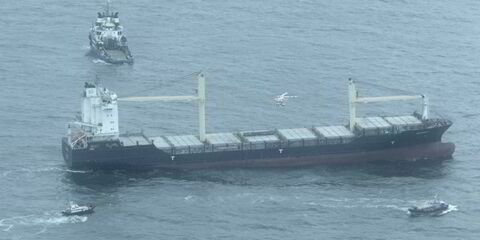Danish group United Shipping & Trading Co (USTC) has revealed significant cuts in emissions from its product tankers.
But the overall CO2 output at subsidiary Uni-Tankers has risen due to its expanded fleet.
The bunker and shipping group has published its second sustainability report, covering its 2022/2023 financial year.
“Our first sustainability report was groundbreaking. This year we’ve been hard at work standardising and creating routines, ensuring our operations are integrated with our ESG framework and that the operating companies are pulling in the same direction,” said Mia Ostergaard Rechnitzer, USTC co-owner and chief governance officer.
Fuel supply operation Bunker Holding and product carrier owner Uni-Tankers have conducted trial runs with alternative fuel on the vessels, including a B30 biofuel blend.
Hull paint, engine and routing optimisations are producing emission reductions of between 8% and 15% per ship, the company said.
Uni-Tankers has 32 owned and chartered tankers.
Chief executive Per Ekmann said: “So far, we have installed fuel-saving technologies on 11 of our 15 [owned] vessels.”
The work with Bunker Holding means Uni-Tankers can take advantage of the synergies from the common ownership, he added.
In the 2022/2023 financial year, the fleet produced 298,101 tonnes of CO2 equivalent, up from 278,616 tonnes the year before.
This was attributable to a 9% increase in the number of vessels in operation.
More investment coming
Ostergaard Rechnitzer also pointed to much higher levels of gender diversity across the subsidiaries’ boards.
“The way USTC and our companies have gone about being relevant to the sustainability agenda shows in our commitment to more sustainable acquisitions, our dedication to investing and constant optimisation,” she said.
She cited Bunker Holding’s pledge of $50m over the next five years to new developments and partnerships.(Copyright)




